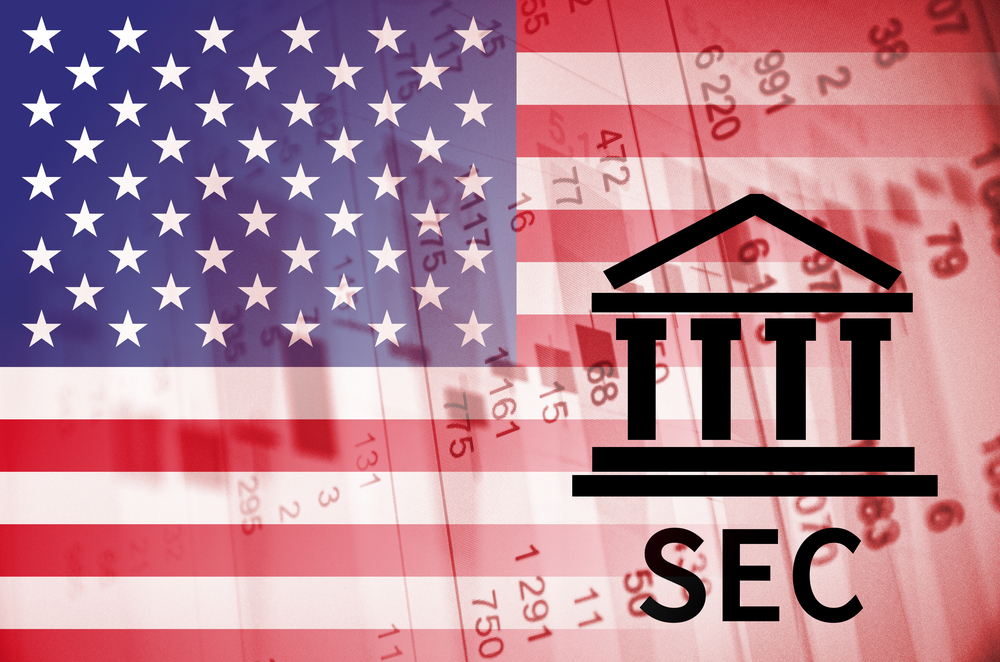On March 30, 2017, a bipartisan group of Senators introduced a bill called “Stronger Enforcement of Civil Penalties Act of 2017” (the “SEC Penalties Act”) to “crack down on Wall Street fraud” that would significantly increase civil monetary penalties in SEC enforcement actions up to $1 million per violation for individuals and $10 million per violation for entities, or three times the money gained in the violation or lost by the victims. Currently, the maximum civil monetary penalties in SEC enforcement actions are $181,071 per violation for individuals and $905,353 per violation for entities.[1]
The SEC Penalties Act raises the maximum penalties under all three penalty tiers, would tie penalties to the scope of harm and associated investor losses, triple the maximum penalty caps under each tier for recidivists who have been held criminally or civilly liable for securities fraud within the preceding five years, and provide the SEC with authority to seek disgorgement of ill-gotten gains in SEC administrative actions (currently disgorgement is only available in federal district court actions). The legislation would not alter the current three-tier penalty structure or the standards for establishing a penalty under each tier, and does not define how administrative law judges and federal district courts should interpret the “each act or omission” language in the penalty statutes.[2]










